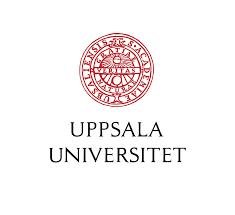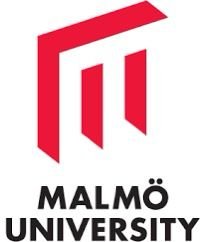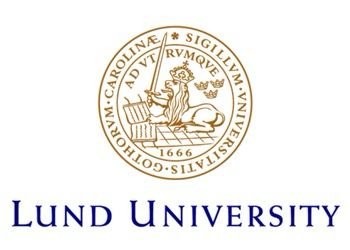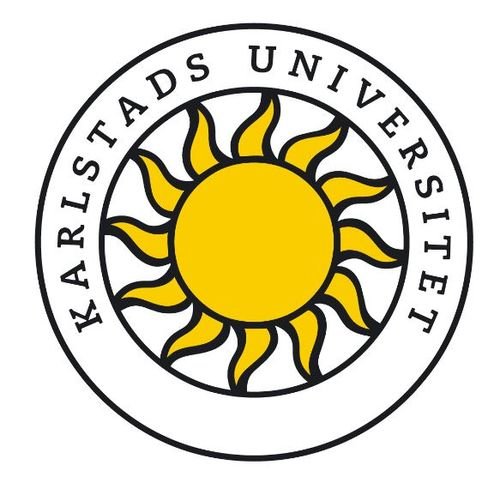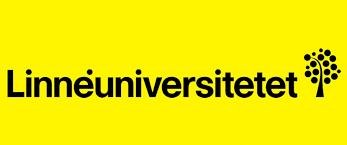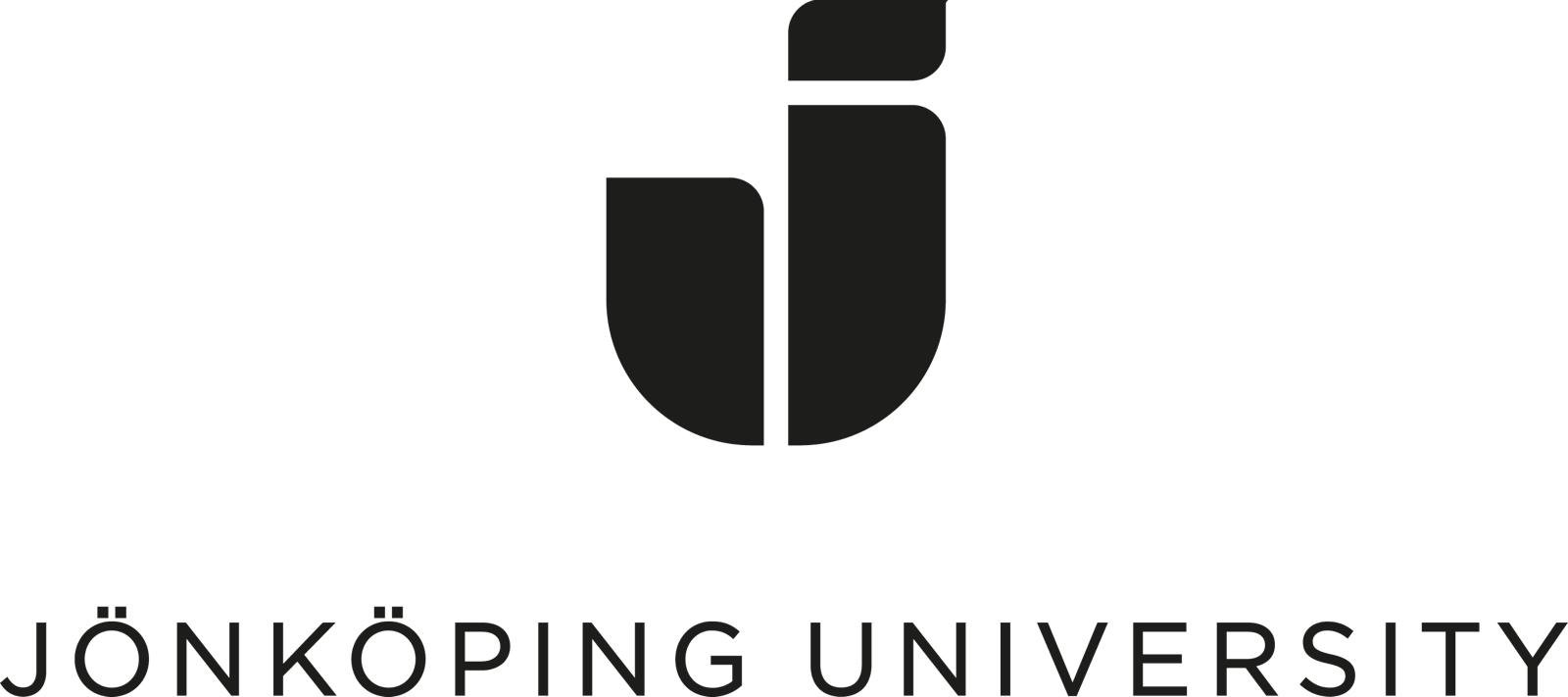Sweden is located in Northern Europe, sharing borders with Norway to the west and north, Finland to the northeast, and Denmark to the south. It is also connected to the Baltic Sea and the Gulf of Bothnia.
Sweden has some of the best universities in the world, with many of them ranking among the top in the world.
Sweden is renowned for its world-class education system. Its universities consistently rank among the top in global rankings.
Swedish universities emphasize a student-centered approach, encouraging critical thinking, creativity, and independent learning.
Many universities in Sweden offer a wide range of programs in English, making it accessible to international students.
While tuition fees can be a significant concern for many international students, Sweden offers a competitive advantage.
Sweden is known for its generous scholarships and grants for international students. A substantial number of Swedish universities offer scholarships in the form of tuition waivers to international students.
Sweden allows international students to work part-time without any time limit while studying, helping you gain work experience and support your living costs.
The Swedish higher education system, often referred to as the “tertiary level of education,” is characterized by its non-compulsory nature and lack of age restrictions. Sweden’s education system embraces statutory rights, ensuring inclusivity and accessibility.
The undergraduate level, spanning 3 years, offers a limited number of study programs but boasts a diverse range of international courses, mostly taught in English. Admission requires completion of secondary education, and the bachelor's level represents the first cycle of higher education.
Also known as the postgraduate or graduate level, Swedish universities provide an extensive array of master's programs, predominantly in English. Open to both national and international students, a bachelor's degree is a prerequisite for enrollment.
For those pursuing advanced education beyond a master's degree, the doctorate level is the next academic frontier. Students have the opportunity to continue their studies at the same university, further solidifying Sweden's commitment to academic progression.
